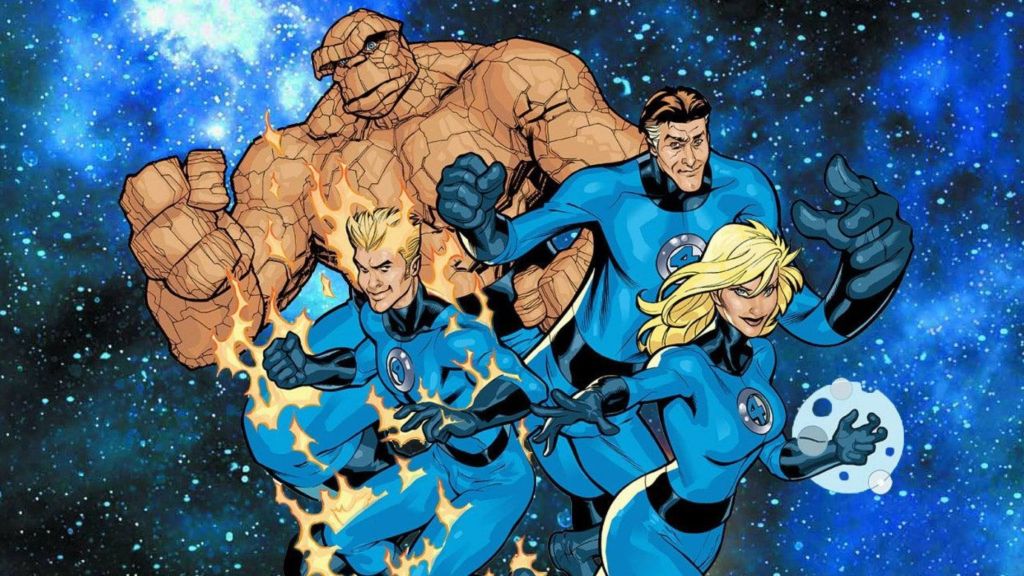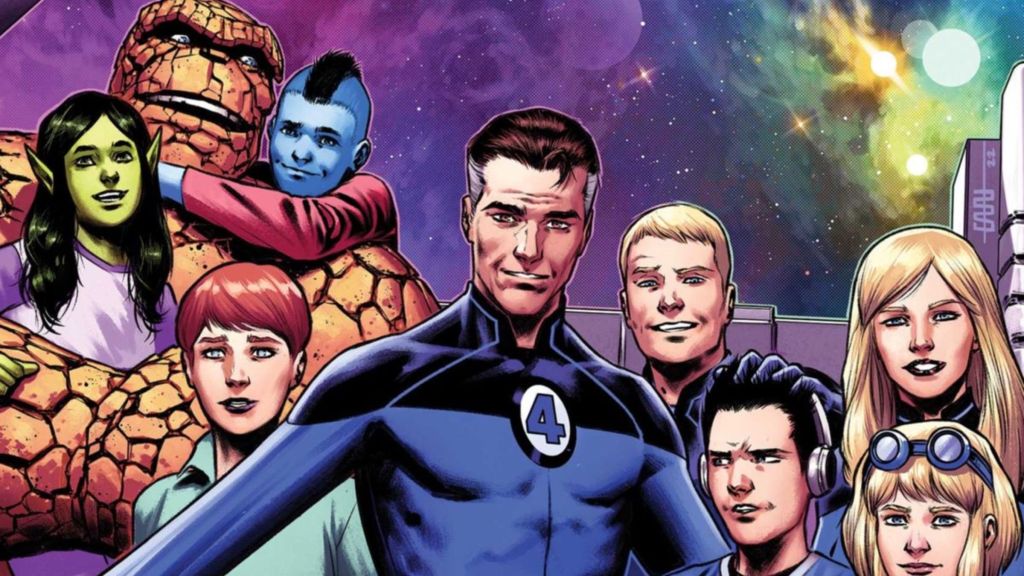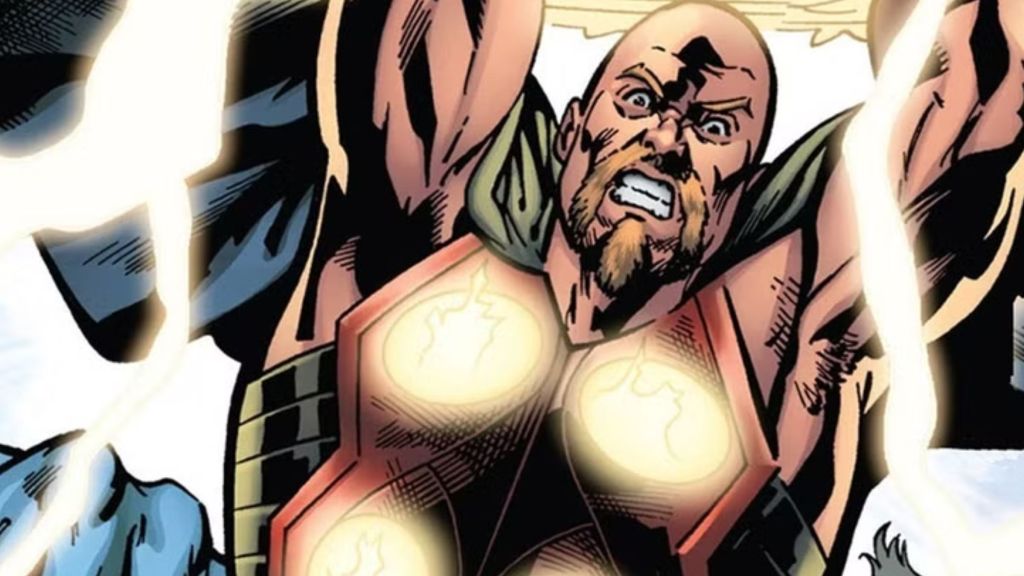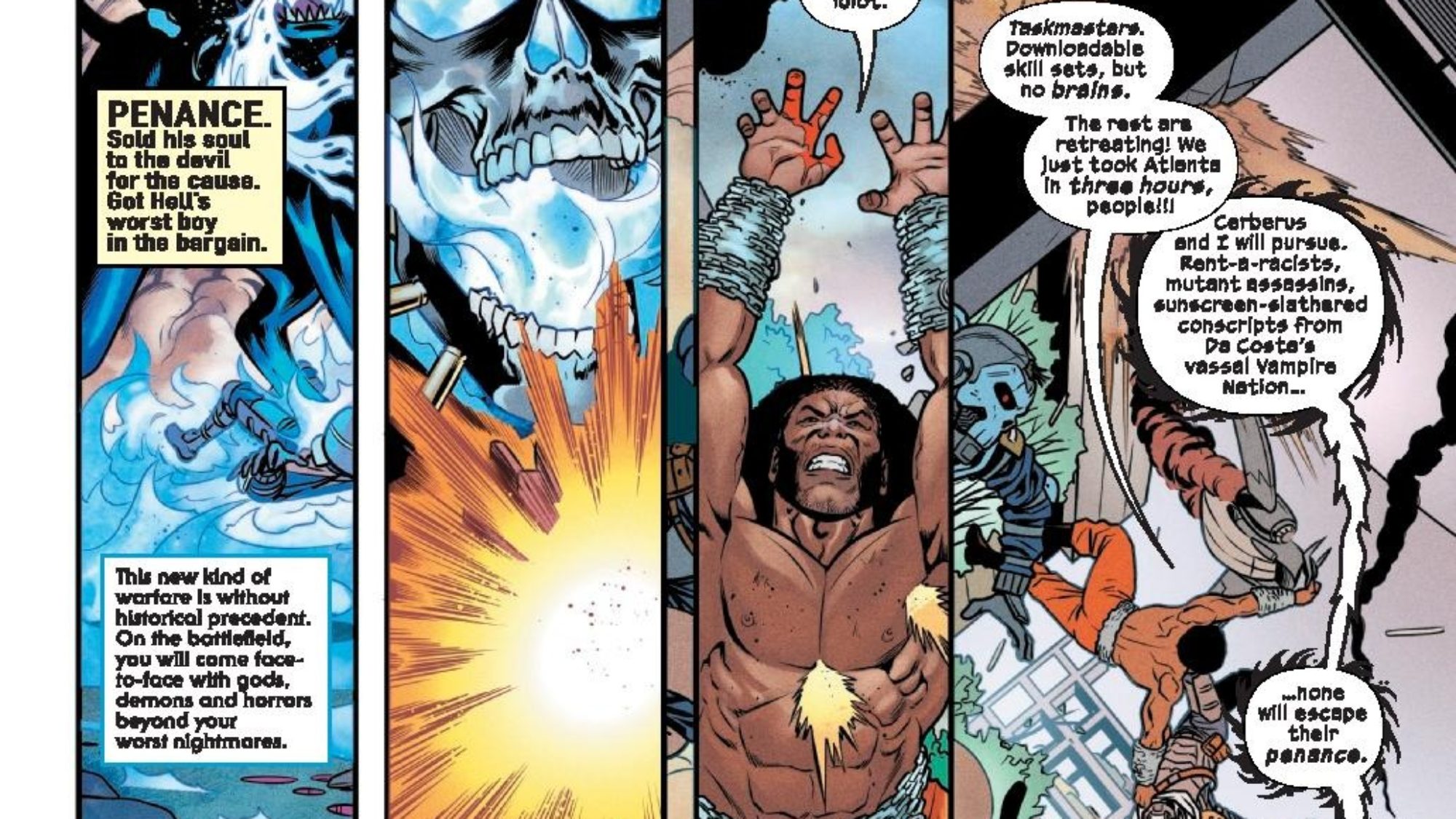Reed Richards, aka Mr. Fantastic, is often cited as the smartest hero in Marvel Comics. While official rankings debunk that statement, many fans still prefer to think of the hero this way. Without Reed, the Fantastic Four (as it is now) would never have existed. Then there’s the massive list of creations under Richards’ belt, ranging from The Bridge, Demolo-Gun, and the Anti-Matter Injection System. Sure, some of his creations are a bit more controversial, like the Negative Zone Prison, but there’s no denying the intelligence behind its construction. However, as brilliant as Reed Richards may be, he occasionally makes a move that will have readers scratching their heads. Often, these decisions are even more confusing because of his famous intelligence.
At the end of the day, Reed Richards is a complex character. He’s human, which means he has flaws and can make mistakes. It makes him a compelling character, even as it opens the door to a different argument. More often than not, the mistakes Reed Richards makes come from a place of arrogance. When you’re often seen as the smartest person on the planet, it’s easy to fall under the assumption that you don’t need to have a second pair of eyes look over your latest theory. In the comic book universe, this inevitably leads to chaos.
1) The Fantastic Four Origin Story

We would be remiss not to start with the classic Fantastic Four origin story. It all began when Reed Richards was working to prove his faster-than-light rocket would work. When he didn’t get permission to test it, he decided to go for an unauthorized flight. Sounds pretty risky, right? Reed, confident that his new technology would work, brought his girlfriend, Sue Storm, along for the ride. In turn, her brother, Johnny, insisted on coming. The last part of the tale? Ben Grimm was talked into flying the rocket for this unauthorized launch.
The rest, as they say, is history. Only not. While the Fantastic Four did get incredible powers from this excursion, it’s safe to say that this wasn’t something Richards predicted or anticipated. In other words, the team got really lucky. They could just as easily have died, with no emergency response capable of getting there in time (or retrieving their bodies, for that matter). It was Reed Richards’ arrogance that put them in that situation. Their journey since this point has not been all rainbows and sunshine, as Ben Grimm can easily tell any reader willing to listen.
One could argue all day about how Reed Richards could never have predicted this turn of events – and admittedly, even an official and authorized test run may have had the same side effects. However, Reed wouldn’t have had his family on board in that case. While that worked out in the long run for the team, it was a poorly thought-out decision that could have cost the hero-to-be everything he held dear.
[RELATED: Fantastic Four’s MCU Uniforms Revealed]
2) Keeping Secrets (From His Wife and Team)

Reed Richards is famous for being one of the brightest minds in Marvel Comics. He’s also famous for being part of the Fantastic Four and for his many inventions. However, he should probably also be known for his tendency to keep secrets. Now, keeping classified intel from the rest of the world is all fine and good – we don’t have a problem with that. We do have a problem with him keeping secrets from his wife and the rest of the team. On more than one occasion, these secrets have come around to bite Richards in the back, often forcing others to pay the price for him.
For example, one of Reed’s earliest unilateral actions was taken against a group of Skrulls. He knew that they couldn’t afford to just let the Skrulls go, but he also didn’t want to kill them. The solution? He forced them to transform into cows. He then promptly forgot about them. If he had informed the team of this decision, they could have worked together to keep track of the Skrull cows. Instead, they were mixed in with another group of cows and summarily processed into burgers.
The depth of Richards’ secret keeping came to light during the 2013 Fantastic Four run. Early in the story, readers begin to feel that something is off, and it doesn’t take Reed long to get to the source of it – the Fantastic Four’s powers are slowly killing them. Rather than immediately inform his team (and family!) of this, he waits until the symptoms get so bad that they can’t be hidden any longer. In other words, he waited and let the trauma force itself to the forefront. Not the greatest way to learn critical information, Reed. Yes, the goal was to fix the problem before they knew something was wrong, but a) that isn’t his call to make, and b) that plan didn’t work. Adding insult to injury is the fact that his family had been working hard to drive one specific point into Reed’s mind: that they deserved to be kept updated on pertinent information.
We could spend all day listing the secrets Reed Richards has kept, but we won’t. Instead, here are a few other quick examples: he injected his son with nanomachines, buried the body of Galactus, secretly joined the Illuminati, and created the Council of Reeds. All of which was done behind his family’s back. At the culmination of many of these plots, Reed ultimately faced some consequences, usually in the form of the Fantastic Four calling him out for (once again) keeping secrets from them. It seems this is a lesson Reed is committed against learning, as he’s absolutely smart enough to retain such a simple lesson.
[RELATED: Marvel Announces New Fantastic Four Series]
3) Playing Around With Cloning

The difference between a brilliant scientist and a mad scientist is that, usually, the former will draw a hard line in the sand. This is a line they’ll never cross, no matter how dire the situation may seem. Unfortunately, it seems that Reed Richards may not have made such a hard line for himself, or we have yet to see what sort of science would make this hero shy away. For example, Richards doesn’t have any problem building prisons (the Negative Zone), joining a secret society (the Illuminati), or sending a fellow hero into space to get rid of a potential problem (Hulk, leading to World War Hulk).
He also doesn’t have a problem with cloning, as it turns out. During the events of Marvel’s Civil War, Richards did much more than choose a side without consulting his team or family. He immediately began providing aid to the pro-registration side. Many actions Reed took during this time are still questioned to this day. For example, he helped create Prison 42 – the infamous prison of the Negative Zone. This prison was designed to hold heroes and others with superpowers, in case that wasn’t obvious. The prison housed many beloved heroes, including Wiccan, Dagger, Cloak, Hardball, and Iron Fist.
The prison was just one of many ideas that Reed helped dream up. Together with Tony Stark and Hank Pym (who was really a Skrull, but that’s a different can of worms), Reed created a cloned version of Thor to add to the ranks. This is problematic on the surface, but it gets so much worse. Thor was believed to be dead at the time, so there was no consent to be had to this process.
Naturally, this is the comic book world, so the cloning process was a success. In other words, they had successfully created a cybernetic clone of an Asgardian – a terrifying thought! However, the team quickly lost control of their Thor, named Ragnarok. He blasted through the ranks, went rogue, and outright killed the hero Goliath. Ultimately, instead of helping to support his side, this extreme action did more harm than good, earning near-instant condemnation from all sides.
Reed Richards’ actions during Marvel’s Civil War prove that he is often so caught up in what he can do that he doesn’t stop to ponder whether or not it should be done. Likewise, while he’ll try to predict what could go wrong with the invention or tech, he may not consider other consequences. For example, he certainly didn’t predict the consequences this would have on the war. Nor did he expect Sue Storm to leave him over it. Yes, Sue did actually leave Reed for a while at this point. She felt betrayed by his cold rationalization and brutal decision-making, which helped her decide her own side of the battle. In case it wasn’t obvious, she began working against the Registration Act.
As with any extreme situation, Reed Richards did face consequences for his actions. He and many other heroes have had to live with what they did during Marvel’s Civil War. However, it’s safe to say that Richards still hasn’t learn as much as readers would like from this experiment, as he’s toyed around with many other subjects the average scientist would avoid. Perhaps this means Richards is closer to the mad scientist side of things than we previously realized.







